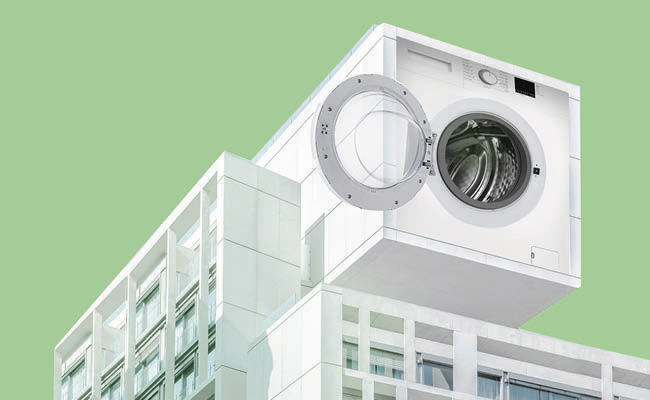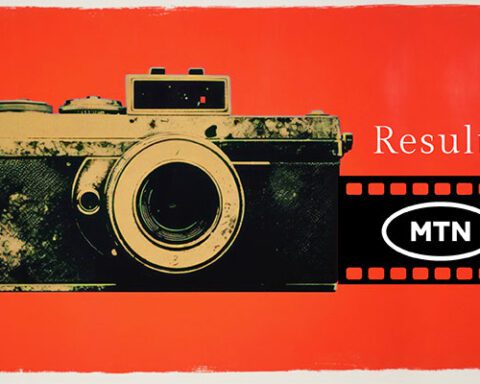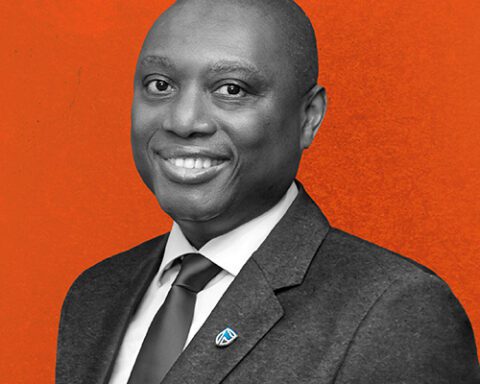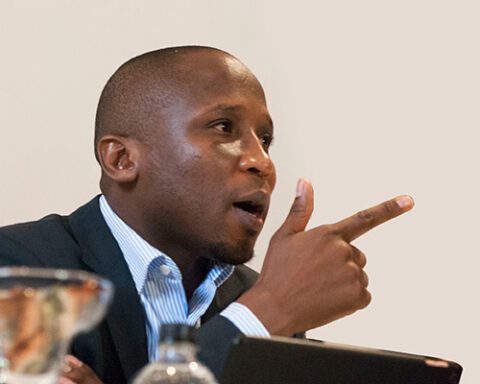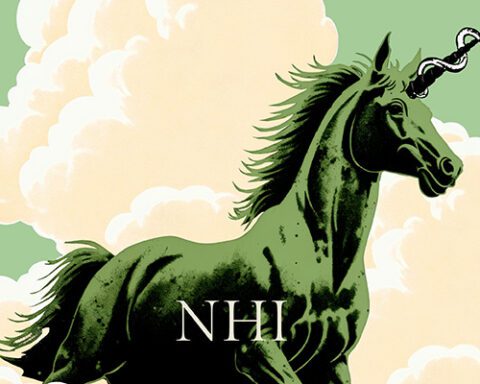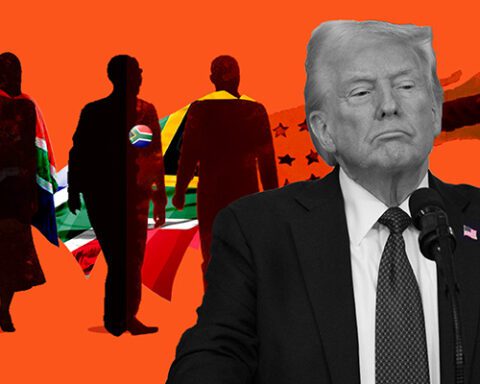If there’s one industry which has played an underappreciated role in the dirty money industry, it is estate agents.
“If somebody comes to an estate agent, and says they can buy a house now, in cash, I don’t know how many agents would say ‘no’,” says Ismail Momoniat, who is advising National Treasury on anti-money-laundering.
It’s a big issue, as the country was placed on a greylist of countries whose systems do not comply with international standards on money-laundering and terrorist financing.
Earlier this year, Treasury warned that the country needs to tighten up its rules around estate agents, lawyers and precious-metal dealers to get off the greylist, as these industries are “holding the country back”.
A review at the time by the Financial Intelligence Centre (FIC), the state body tasked with countering money-laundering, found that 40% of estate agents had failed to submit the reports they were required to, “wilfully standing in the way” of South Africa exiting the greylist, the body said.
Given the money washing through South Africa’s property sector, with multimillion-rand Atlantic Seaboard homes being sold to wealthy Europeans, you’d imagine there would be hundreds of thousands such reports every year. Instead, just 252 “suspicions transactions” were flagged in 2022/23, and 3,802 cash threshold reports.
Momoniat tells Currency that there is now greater awareness among estate agents of their duties – but this is far from perfect. “If you stand to get a big commission, many people will pretend to not know what the rules are. There is a need for a strong ethical and compliance culture – very few people will resist the temptation to break the law in South Africa,” he says.
The imperative to tighten the taps has been thrown into sharp relief by a report released this week by non-profit organisation Open Secrets, which reveals how South African estate agents and lawyers bent over backwards to help some of Africa’s worst dictators snap-up luxury properties in Cape Town and Johannesburg.
The report investigated properties worth R161m bought by politically connected families across three specific African countries.
“South African public and private sectors seemingly facilitated stolen wealth from Mozambique, the Democratic Republic of Congo [DRC], and Equatorial Guinea to be hidden in luxury properties,” it says.
Corruption as art
Perhaps the most egregious example is the family of Teodoro Obiang Nguema Mbasogo, who has been the dictator of Equatorial Guinea for 45 years, since 1979. This is a country which, in the words of Human Rights Watch, turned corruption “into an art form”.
His son Teodorin – the country’s vice president, and renowned for his flashy lifestyle of private jets, luxury cars and lavish parties – has used millions stolen from his country, the Open Secrets report shows, to buy mansions across the globe, including two glitzy properties in Cape Town – in Bishopscourt and in Clifton.
Teodorin has led a life of unblemished corruption. While he was ostensibly the minister of agriculture earning $100,000, the US department of justice seized assets worth $70m from him in 2011, including a private jet worth $38.5m, Michael Jackson memorabilia worth $1.8m, and a California mansion worth $30m.
In its case against him, the US government said: “Through relentless embezzlement and extortion, [he] shamelessly looted his government and shook down businesses in his country to support his lavish lifestyle.”
In a separate 2014 case in France, Teodorin was found guilty of embezzlement, abusing his public position to siphon off public money, and slapped with a $30m fine and three-year suspended criminal sentence. His French assets, worth $163m, were confiscated.
Yet Teodorin also used his country’s money to stock up on property in South Africa. He bought the Clifton home – at 76 Cliff Road, overlooking Clifton’s fourth beach – in March 2004. It was valued at R23.5m at the time. The Bishopscourt property, on 35 Klaasens Road, was bought for R26m, but he subsequently spent R58m on it.
These properties, along with a yacht anchored in Cape Town, were seized to settle a R39m damages award against him, obtained by businessman Daniel Janse van Rensburg, whom he’d illegally imprisoned and tortured in Equatorial Guinea’s notorious Black Beach prison for a year and a half.
The Open Secrets report, as much as it reveals the gulf between the kleptocrats and the ordinary citizens of these countries, focuses on the estate agents and the lawyers who made these deals possible.
Under the Financial Intelligence Centre Act of 2001, estate agents and lawyers are required to lodge a report with the authorities if there are suspicious transactions, identifying a buyer’s source of funds too.
“It is unclear if the banks, lawyers and estate agents … submitted suspicious transaction reports with respect to their dealings with politically exposed people from Mozambique, the DRC and Equatorial Guinea. What we do know is that the transactions continued to be processed, despite the red flags for money-laundering,” Open Secrets says.
When it comes to the Bishopscourt property, Greeff Christie’s International Real Estate was the agency that sold it to Teodorin. Contacted by Currency, founder Mike Greeff said the report was “completely incorrect”, but he had “no comment”. His lawyers added that “our client has at all times complied with all its legal obligations”.
STBB, which facilitated the sale of the Clifton property to Teodorin, said pretty much the same, adding that “the allegations are not admitted” and that it “reserves its rights”.
From tuna bonds to Sandhurst
Closer to home, the Open Secrets investigation probed how the son of Filipe Nyusi, who stepped down as Mozambique’s president this month, spent millions on mansions in Johannesburg.
In July 2015, Nyusi’s son Jacinto, then 21 years old, who would be considered a political exposed person and whose dealings should attract greater scrutiny, bought a R17.5m property in Sandhurst, a luxury suburb of Johannesburg, six months after his father was inaugurated.
A year before, Jacinto had bought a R3.9m house in Hillcrest Road in Constantia, Cape Town, with the help of António Carlos do Rosário, chair of three Mozambican state entities. Within four years, that house had been sold for R4.5m.
Timing, here, was everything. Both these deals were done shortly after his father received $1m in “campaign donations” linked to the notorious $2bn “tuna bonds” corruption scandal, in which $200m in bribes was paid to Mozambique officials.
It’s almost the same story for the family of Nyusi’s predecessor as president, Armando Guebuza. His son, Ndambi Guebuza bought two properties in South Africa – one in Dainfern worth R9.3m, and another in Kyalami Estate, worth R10.8m – in 2013, the same year the bribes from the “tuna bond” scandal began to flow.
Here, there is little to suggest this deal was above board. Ndambi is now in a Mozambiquan jail, found guilty in December 2022 of having received $33m in bribes to influence his father to approve the project.
The US court documents show that Pam Golding processed the one deal.
Andrew Golding, the CEO of Pam Golding, did not reply to Currency’s request for comment, and the agency would not reveal to Open Secrets whether it lodged any suspicious transaction reports over Ndambi Guebuza’s deals. “We complied with relevant legislative and regulatory requirements,” it said, arguing Guebuza was not a “client” but rather a “counterparty” to the transaction, so the client identification rules didn’t apply.
Richard Moffat from the conveyancer Herold Gie said the cash deposits were “somewhat unusual”, and it made a suspicious transaction report to the FIC, but “we heard nothing further from the FIC”.
Congolese theft
The third country cited in the report, whose politicians have a long history of diverting public money into politicians’ hands, is the DRC. In this case, the shady transactions emanate from the brother of Joseph Kabila, who led the country – in which one in three people is considered “critically hungry” by Human Rights Watch – for 18 years, until 2019.
Here, Francis Selemani, Kabila’s adopted brother, bought 13 properties in South Africa between 2016 and 2018 for a combined R30m, using what Open Secrets describes as “Congolese public funds”.
These included a 377m2 mansion in Bryanston, with a pool and tennis court, bought for R4.5m in April 2017; a five-bedroom home on 4,000m2 in Midrand for R5m; and three properties on the Dainfern Golf Estate for R14.9m between April 2019 and September 2020.
Where did this money come from?
In part, allegedly from money sent by various arms of the Congolese government – including the country’s central bank, and the DRC’s permanent mission to the UN – to an obscure company called Sud Oil, which, at one point, was 20% owned by Joseph Kabila’s sister.
From there, Sud Oil sent more than $12m to accounts held by Selemani, according to leaked bank statements obtained by non-profit group The Sentry in 2021, with part of this money ending up in South African real estate.
It is revealing that after The Sentry obtained these leaks in 2021, Selemani began selling off those properties.
In this case, law firm Cliffe Dekker Hofmeyr confirmed to Open Secrets that it processed Selemani’s original purchase.
“This was a typical property sale and transfer transaction and it is common practice for foreigners to purchase property in South Africa using a shelf company,” it said. The payment came from a South African bank and “there was no obligation on us, in the circumstances of this transaction, to verify the source of the purchaser’s funds”.
Accountability gap
All of these cases illustrate one central truth about the money-laundering rules: there is no point having world-class legislation if nobody is going to implement it, and hold anyone accountable.
It is telling that in the Mozambique case, Herold Gie confirmed it had lodged a “suspicious transaction” with the FIC, yet nothing came of it.
Equally, in the DRC case, Open Secrets submitted a criminal complaint to the National Prosecuting Authority (NPA) with evidence of the Kabila’s family’s property purchases in 2023. Yet the NPA hasn’t acted.
This has “allowed the family time to sell several properties, making asset seizures and the recovery of corrupt funds almost impossible”, says Open Secrets.
Momoniat agrees that far more prosecutions are necessary, as are sanctions from regulatory bodies. “What we need is, if an estate agent breaks the rules once, he should be preventing from working in that industry again,” he says.
Jan le Roux, CEO of Real Estate Business Owners of South Africa, says estate agents are not purposely breaking the law.
“I haven’t heard anyone say they won’t co-operate. But this is more a situation where the rules have become really complicated and confusing for estate agents, who already have a thousand other rules to comply with, like the Popi [Protection of Personal Information] Act, and they’re just trying to survive in a really tough market,” he tells Currency.
Le Roux says there is also no point asking estate agents to go through a series of processes – like checking their clients against various databases – when the conveyancers are also required to do this. “This is unnecessary duplication,” he says.
Either way, Open Secrets says it is the citizens of these countries, who had public money stolen, who suffer the most. The fault, it says, “lies with the South African public and private institutions that have failed to enforce and obey the law”.
Sign up to Currency’s weekly newsletters to receive your own bulletin of weekday news and weekend treats. Register here.
